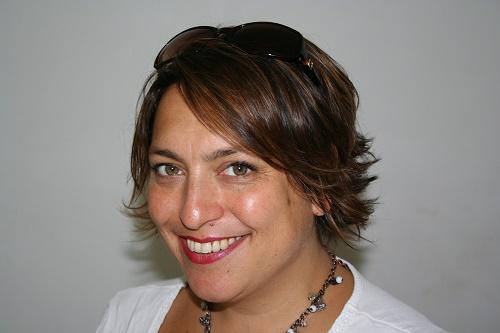MRC HGU joins patient-led ME research
PhD studentship will study immune differences in patients with ME: May 2018

Myalgic Encephalomyelitis (M.E.) is a long-term (chronic), fluctuating, neurological condition that affects an estimated 250,000 people in the UK, including around 21,000 children and young people. Action for M.E. and the Scottish Government’s Chief Scientist’s Office are delighted to announce the recipient of our jointly funded PhD studentship in biomedical M.E. research.
Professor Chris Ponting will supervise a PhD student who will use samples drawn from the UK M.E. Biobank to investigate whether people with M.E. differ in their T-cell repertoire from healthy controls. This is important because such differences could indicate an ongoing response to infection or autoimmunity.
The student will also engage directly with people affected by M.E., including blogger and advocate Simon McGrath, and the UK CFS/M.E. Research Collaborative, of which Prof Ponting is Deputy Chair. Simon McGrath says: “I am delighted that Chris Ponting and his colleagues actively sought patient input from the outset because always there should be ‘no research about me without me’.”
The Scottish Government’s Chief Scientist’s Office led the research call and assessment of applications, following our agreement to jointly fund a PhD studentship over three years with a total value of £90,000.
Action for M.E. is thrilled to be working jointly with the Chief Scientist’s Office in Scotland to increase much-needed medical research into this chronically disabling illness, and support a new generation of researchers into the field. That this project was selected by the Chief Scientist’s Office is particularly fitting, given its intention to make use of samples from the UK’s only dedicated M.E./CFS Biobank, which was co-founded by Action for M.E. The 20,000 people with M.E. and their families deserve the best, which is what Chris Ponting, his team and research faculty will bring.
We are thrilled with this award because it will allow us to pursue research into this devastating condition. The technology that we wish to use would be an extension to what others have done previously and, importantly, it would be cheaper. We hope – once the technology is established – to generate new hypotheses that may eventually reveal causes and affordable diagnostic tests for some across the M.E. spectrum.
Health Secretary Shona Robison said: “I’m delighted that the Scottish Government is partnering with Action for M.E. in this exciting initiative. Collaborative working like this is so important to enhance vital research into of the causes of M.E. – and this In turn has the potential to lead to the development of effective new diagnostic approaches and treatments.”
Links
Interested candidate?
Information and application details


